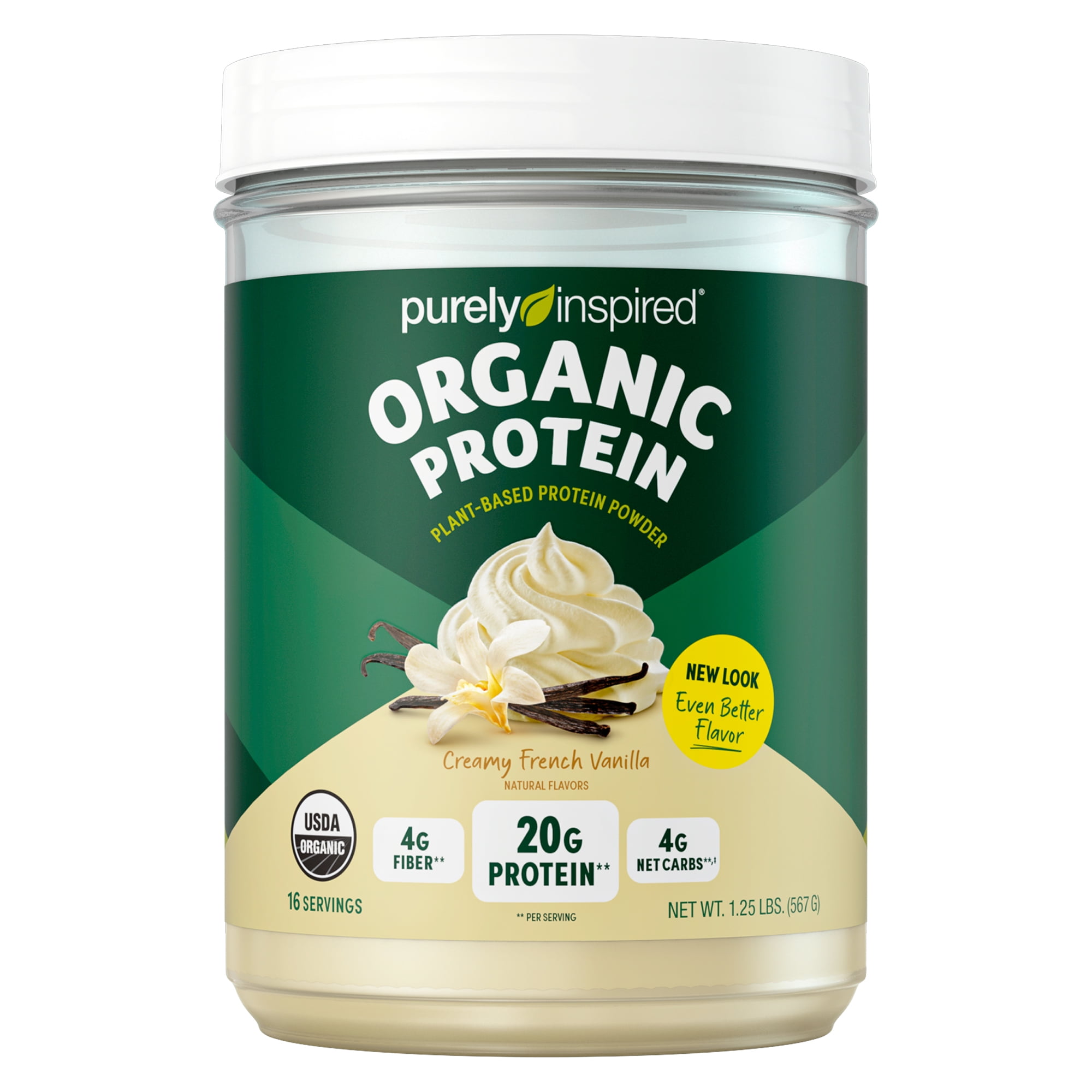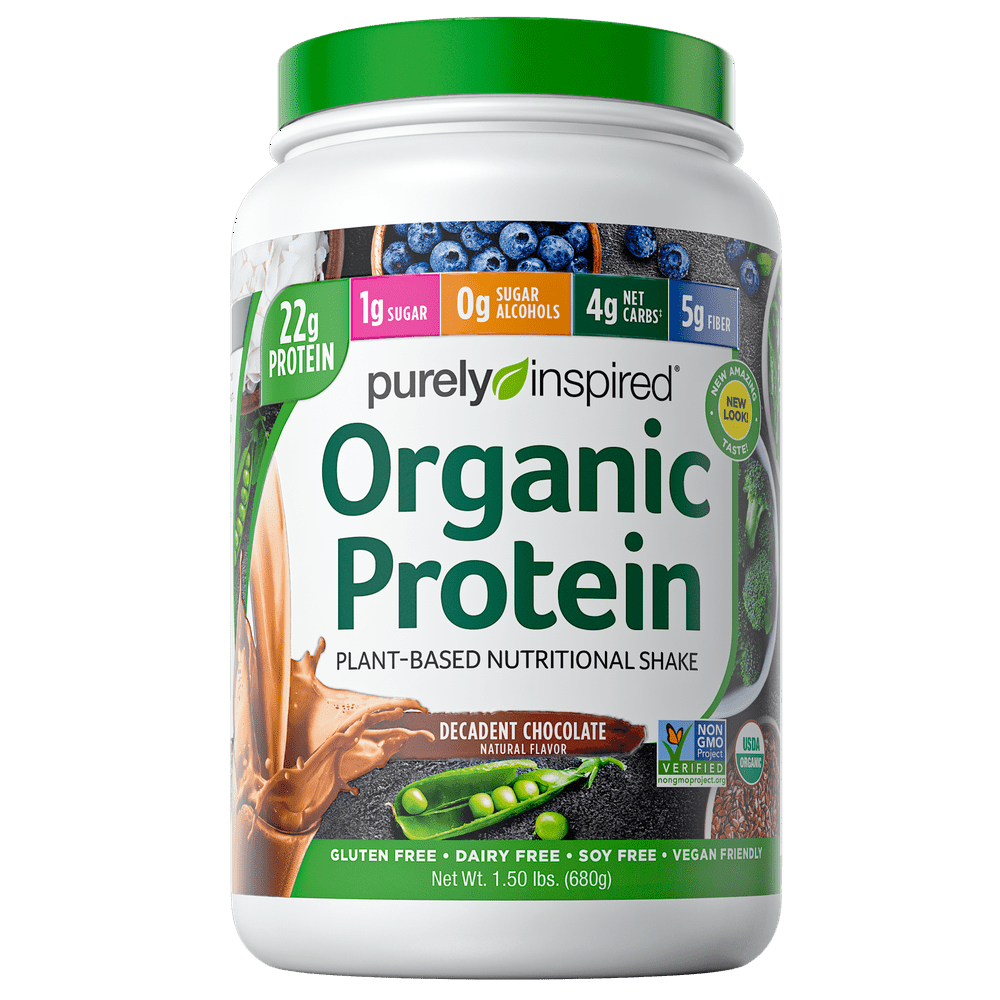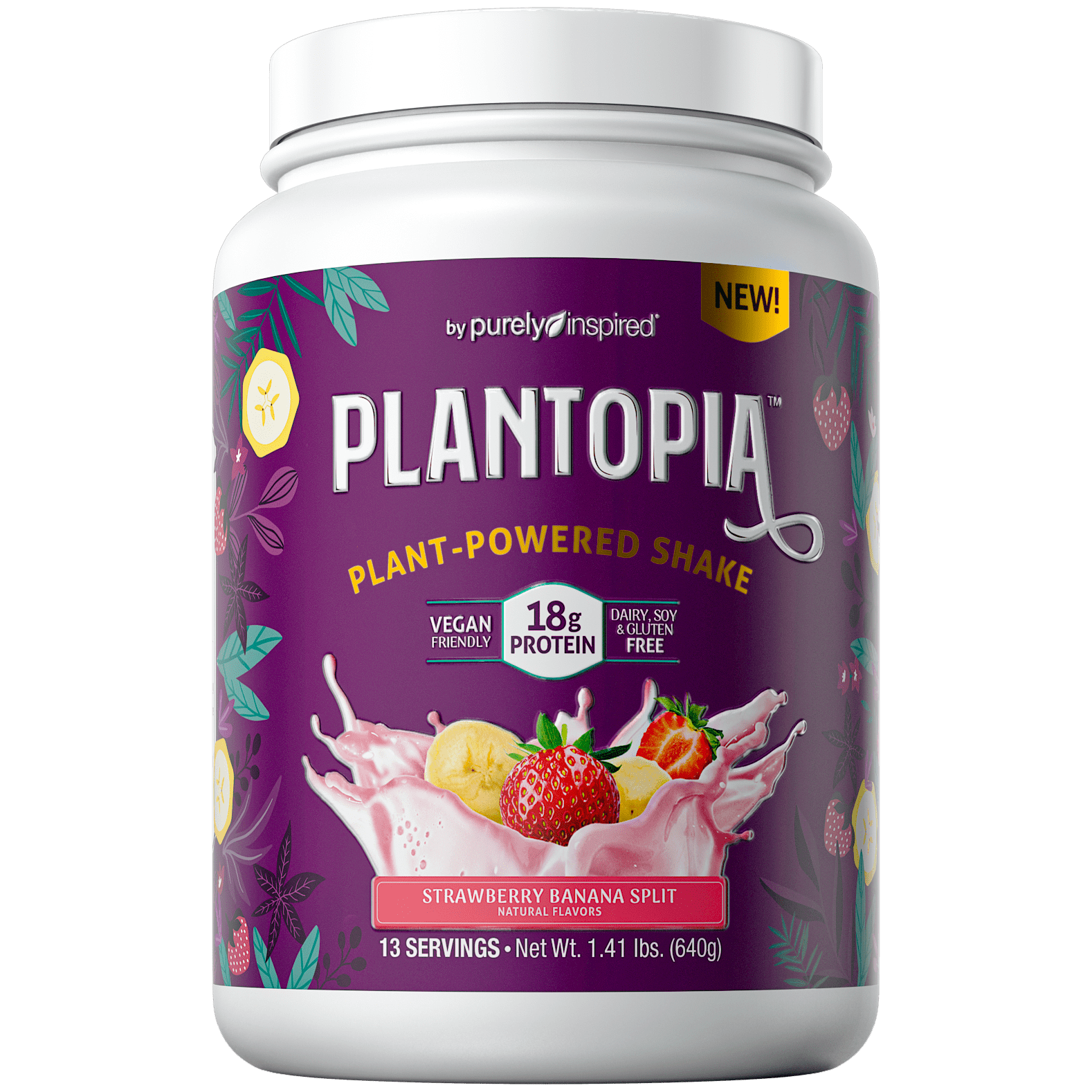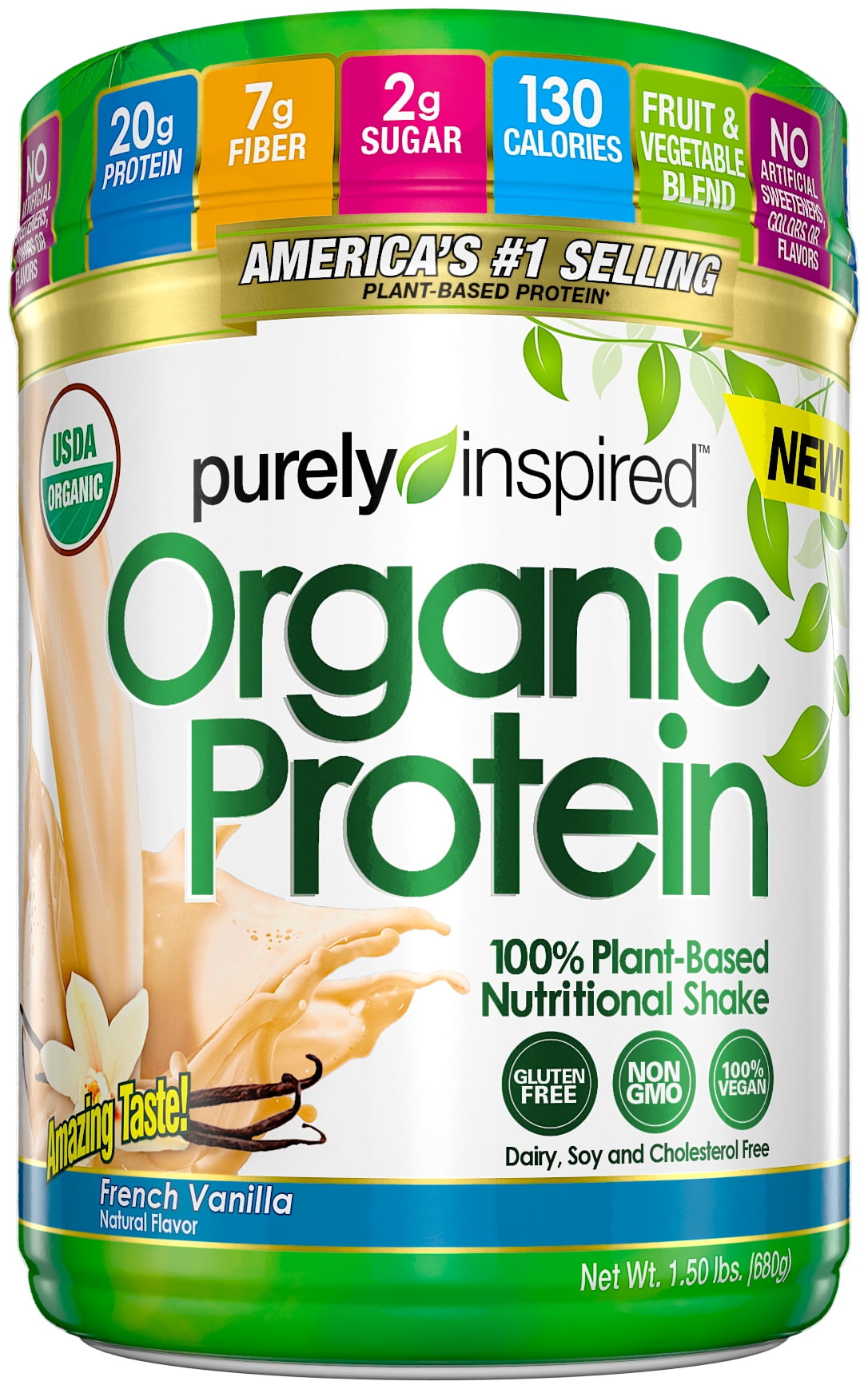Purely Inspired Plant Based Protein Powder

The plant-based protein market is booming, fueled by rising consumer awareness of health, ethical, and environmental concerns. Within this rapidly expanding sector, Purely Inspired Plant-Based Protein Powder stands as a prominent player, offering a convenient and affordable way for individuals to boost their protein intake. But as consumer interest surges, so does the scrutiny, raising questions about its nutritional value, ingredient sourcing, and overall effectiveness.
This article delves into the details surrounding Purely Inspired Plant-Based Protein Powder. It examines its composition, potential benefits, and any associated drawbacks. Further analysis also includes a comparison of it to other options on the market, aiming to provide consumers with the information needed to make informed choices about their protein supplementation.
Composition and Nutritional Profile
Purely Inspired Plant-Based Protein Powder typically features a blend of plant-based protein sources. These sources usually include pea protein, brown rice protein, and sometimes other ingredients like flaxseed or quinoa.
The specific nutritional breakdown varies slightly depending on the flavor and formulation. However, a single serving generally provides around 20 grams of protein, a moderate amount of carbohydrates, and a small amount of fat.
The protein powder is often fortified with vitamins and minerals to enhance its nutritional profile. These additions are meant to help compensate for the potential nutrient gaps in a plant-based diet.
Potential Benefits
One of the main advantages of Purely Inspired Plant-Based Protein Powder is its accessibility. It is widely available in supermarkets and online retailers at a competitive price point.
For individuals following a vegetarian or vegan lifestyle, this product offers a convenient way to meet their daily protein needs. Protein is critical for muscle building, tissue repair, and various other bodily functions.
Furthermore, many consumers find plant-based protein powders easier to digest than whey-based alternatives. This is especially true for individuals with lactose intolerance or dairy sensitivities.
Concerns and Considerations
Despite its benefits, Purely Inspired Plant-Based Protein Powder has faced scrutiny regarding its ingredients and manufacturing processes. Some consumer reports have raised concerns about potential heavy metal contamination in plant-based protein powders generally.
It's important to note that testing standards and regulations can vary. This means that the levels of heavy metals deemed acceptable in one product might be considered concerning in another.
Another area of concern involves the use of artificial sweeteners and additives in some formulations. Individuals sensitive to these ingredients may experience adverse reactions.
Ingredient Sourcing and Transparency
The quality and sustainability of ingredient sourcing are also important considerations. Consumers increasingly demand transparency from food manufacturers about where their ingredients come from and how they are processed.
Some plant-based protein sources, such as soy, have environmental implications linked to deforestation and land use. While Purely Inspired products typically use pea and rice protein, it's essential to investigate the sourcing practices of their suppliers.
Consumers should also look for certifications that indicate adherence to organic or non-GMO standards. These certifications can offer assurance about the quality and purity of the ingredients.
Comparison to Other Protein Powders
The market offers a wide array of protein powders, each with its own advantages and disadvantages. Whey protein, derived from dairy, remains a popular choice due to its complete amino acid profile and rapid absorption rate.
Soy protein is another plant-based alternative that provides a complete protein source. However, concerns about estrogenic effects and potential allergens have led some consumers to seek other options.
Brown rice protein and pea protein, both commonly found in Purely Inspired, are generally considered hypoallergenic. However, they may lack certain essential amino acids unless combined strategically.
Expert Opinions and Scientific Evidence
Dietitians and nutritionists generally agree that protein supplementation can be beneficial for certain individuals. These individuals include athletes, individuals recovering from illness, and those with dietary restrictions.
However, most experts emphasize the importance of obtaining protein from whole food sources whenever possible. This is because whole foods provide a wider range of nutrients and fiber.
The Academy of Nutrition and Dietetics recommends that adults consume 0.8 grams of protein per kilogram of body weight per day. This amount may need to be adjusted depending on activity level and overall health status.
While there is limited research specifically on Purely Inspired Plant-Based Protein Powder, studies on plant-based protein sources have shown positive effects on muscle growth and recovery. However, more research is needed to determine the long-term health effects of consuming processed protein powders.
Future Outlook and Recommendations
The plant-based protein market is expected to continue its growth trajectory. This growth is driven by increasing consumer demand for sustainable and health-conscious food choices.
Purely Inspired and other manufacturers will likely focus on improving ingredient sourcing, transparency, and product formulations to meet evolving consumer expectations.
Consumers should carefully evaluate their individual protein needs and consider consulting with a healthcare professional or registered dietitian. This consultation will help them to determine whether protein supplementation is necessary and which product is the most suitable choice.
When selecting a protein powder, consumers should prioritize products with transparent ingredient lists, third-party certifications, and positive customer reviews. Furthermore, they should be aware of potential allergens and sensitivities to certain ingredients.
Ultimately, Purely Inspired Plant-Based Protein Powder can be a convenient option for boosting protein intake. However, it should be viewed as a supplement, not a replacement for a balanced and nutritious diet based on whole foods.


















